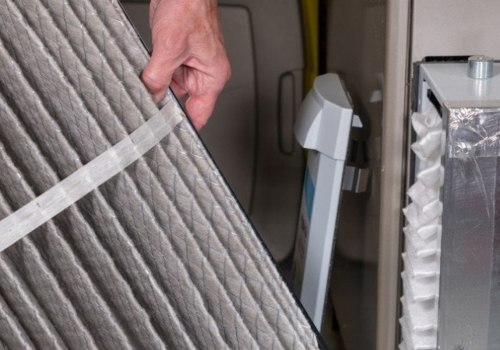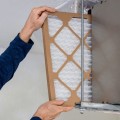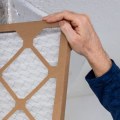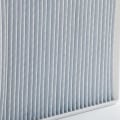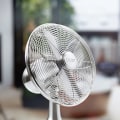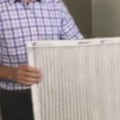For Merv 8, 11 and 13 filters, it is recommended that you change the filter at least every 3 months for optimal filtration and healthier air in your home. However, if the filter is made of fiberglass, experts suggest changing it every 30 days. Pleated filters can last up to three or six months. The MERV rating determines the filter type and how often it needs to be changed.
A MERV rating, or Minimum Efficiency Reporting Value, measures the filter's effectiveness in trapping particles in the air. The higher the MERV rating, the better the filter will be at blocking particles. We offer MERV 8, 10, 11 and 16 filters for sale and can also order special sizes. In general, most air filter manufacturers and HVAC companies recommend changing the air filter every 90 days or 3 months.
This may vary depending on the location of your home, if you have pets and the age of your system and equipment. If you have pets in the house, you should consider changing the filter every 60 days or 2 months. For households with multiple pets or people with allergies or respiratory conditions, we recommend changing the filter every 20 to 45 days. Vacation homes or vacant homes that don't have much use can usually wait to change filters every 9-12 months.
The MERV 13 filter can filter kitchen smoke, smog and virus carriers in addition to particles filtered by MERV 8 and 11. The type of material and efficiency of the filter will determine how often it needs to be changed. Low-MERV filters can last longer because they don't collect as much particulate matter as high-MERV filters. As seasons change, pollen and other seasonal particles can quickly clog a disposable filter, even if it's a four-inch filter. When you remove the air filter from the air handling unit, if you hold it close to a light source, you can see if the filter is dirty or clogged; if you can't see the light through the filter, it's definitely time to change it.
In general, filters with a MERV 16 rating or lower are considered HVAC system grade filters for residential, commercial, and general hospital use. It's a general recommendation to change your home's air filter every 30 days when using less expensive fiberglass filters. The ideal MERV filter for your home depends on your needs, in addition to what you have in your home. If there is only a thin layer of dirt where you can still see the filter underneath, then you probably don't have to change the filter.
